Why Play is Essential for Cognitive Growth in Children with Special Needs
The Role of Play in Enhancing Cognitive Skills for Children with Special Needs
Play is not just fun—it’s foundational for cognitive development, especially for children with special needs. While many parents and caregivers understand the value of play for typical children, the benefits can be even more profound for children with developmental challenges. Play offers an engaging and accessible way to enhance cognitive skills, emotional regulation, and social abilities. For children with special needs, it’s often more than just a pastime; it becomes an essential tool for growth and learning.
1. Play as a Pathway to Cognitive Growth
For children with special needs, play can serve as a powerful vehicle for learning and cognitive development. Whether the child has autism, ADHD, a learning disability, or any other condition, play offers a hands-on experience that builds essential cognitive skills such as
- Problem-Solving: When children engage in activities like puzzles, building blocks, or even pretend play, they are challenged to think critically, plan, and solve problems. These tasks not only encourage logical thinking but also help children develop perseverance and patience.
- Memory and Attention: Interactive games and activities that require children to follow instructions or remember sequences are excellent for improving memory. For example, memory card games or simple board games can help children with attention challenges focus and strengthen their short-term memory.
- Language Development: For children with speech delays or communication challenges, play is one of the best ways to encourage language development. Through pretend play or interactive games like "Simon Says," children learn to articulate thoughts, expand vocabulary, and engage in basic communication skills. This process not only develops language but also nurtures social communication skills.
For children with special needs, Montessori busy board can be tailored to their unique developmental requirements, making them even more effective in fostering growth.
Customizing a Montessori Busy Board for Different Special Needs
- 1. For Children with Autism Spectrum Disorder (ASD)
Children with ASD may benefit from boards with components that address sensory sensitivities or preferences. Some may be more responsive to soft textures and soothing colors, while others may enjoy brighter, more stimulating visuals. Incorporating cause-and-effect activities like switches or buttons that produce sounds may help with attention and engagement.
- 2. For Children with Sensory Processing Disorder (SPD)
For children with SPD, the busy board should incorporate a range of sensory experiences that are not overwhelming. Texture variations (e.g., smooth vs. rough surfaces), sound (gentle chimes, buttons that click), and activities like turning or pressing buttons can be great options. These tools help kids learn to modulate their sensory input and focus on different sensory experiences.
- 3. For Children with Fine Motor Delays
For children with fine motor delays, busy boards with larger components and simple actions are ideal. Latches that are easy to open, large zippers to pull, or even simple levers to push and pull help strengthen the hand muscles and improve coordination.
- 4. For Children with ADHD
Children with ADHD may benefit from a busy board that offers quick, engaging tasks that encourage focus and task-switching. Items like toggles, push buttons, and twistable parts can hold their attention while providing opportunities to practice focus and self-regulation.
Refer:https://joyrealtoys.com/blogs/news/montessori-busy-boards-a-great-tool-for-children-with-adhd
2. Enhancing Cognitive and Emotional Growth Through Sensory Play and Music
Music is a powerful tool for sensory development, especially for children with special needs. It engages multiple senses—auditory, tactile, and emotional—while also improving focus, motor skills, and social interactions.
- Auditory Perception and Attention: Music helps children improve their listening skills by differentiating pitches, rhythms, and sounds, which also enhances their attention span.
- Tactile Sensory Stimulation: Playing instruments like a piano provides tactile feedback, helping children improve hand-eye coordination and their sense of touch.
- Emotional Expression and Self-Regulation: Music allows children to express and manage their emotions, offering a safe space for emotional regulation.
- Social Interaction and Cooperation: Group music activities encourage cooperation, turn-taking, and social interaction, which are vital for children with social challenges.
- Cognitive Stimulation: Music enhances memory, language processing, and cognitive functions by engaging the brain in activities that require focus and coordination.
For children with special needs, music is a fun, interactive way to foster sensory integration and cognitive growth. Products like the Joyreal 25-Key Mini Piano Keyboard are ideal for engaging children in hands-on musical play while developing important sensory and motor skills.
3. Encouraging Creativity and Imagination
Children with special needs often benefit from opportunities to express themselves creatively. Creative play, whether through arts and crafts, storytelling, or pretend play, stimulates imagination and fosters cognitive growth in several ways:
- Innovative Thinking: Through unstructured or open-ended play, children are encouraged to think outside the box, experiment with new ideas, and explore various solutions. This fosters creative problem-solving, which is essential for both academic and social challenges.
- Emotional Expression: Play provides a non-threatening space for children to explore their emotions and express themselves in ways they may not be able to with words. By acting out different scenarios, children learn to understand and manage their emotions, contributing to a well-rounded cognitive and emotional development.
4. Enhancing Speech and Communication Skills in Children with Autism Through Role-Playing
Role-playing is an effective way to develop speech and communication skills in children, especially for those with special needs. It allows children to practice expressing themselves in a safe, structured, and interactive environment. For children with autism, AAC (Augmentative and Alternative Communication) devices are especially helpful, as they assist in gradually improving language skills and social interactions through visual and auditory prompts.
For example, the Joyreal AAC device for autism with male & female voice switch is a great tool for promoting communication through role-playing. With the ability to switch between male and female voices, this device enables children to mimic the roles of a father and mother in a conversational setting. This encourages children to practice expressing their needs, such as "I'm hungry" or "I want a toy," in a guided, low-pressure environment.
By engaging in role-playing with such devices, children with autism can gradually build their language skills and become more confident in their ability to communicate their desires and emotions. These interactive toys provide a multi-sensory learning experience that fosters speech development and communication abilities, helping children improve their daily interactions and overall social cognition.
Conclusion: Play Is More Than Just Fun—It's Developmental!
Play isn’t just about entertainment for children with special needs. It’s a vital component of their cognitive, emotional, and social development. Through play, children can strengthen problem-solving skills, improve attention, enhance memory, and develop better social understanding—all while having fun in an engaging and meaningful way. For parents and caregivers, embracing play as a developmental tool can lead to breakthroughs in a child’s learning journey.
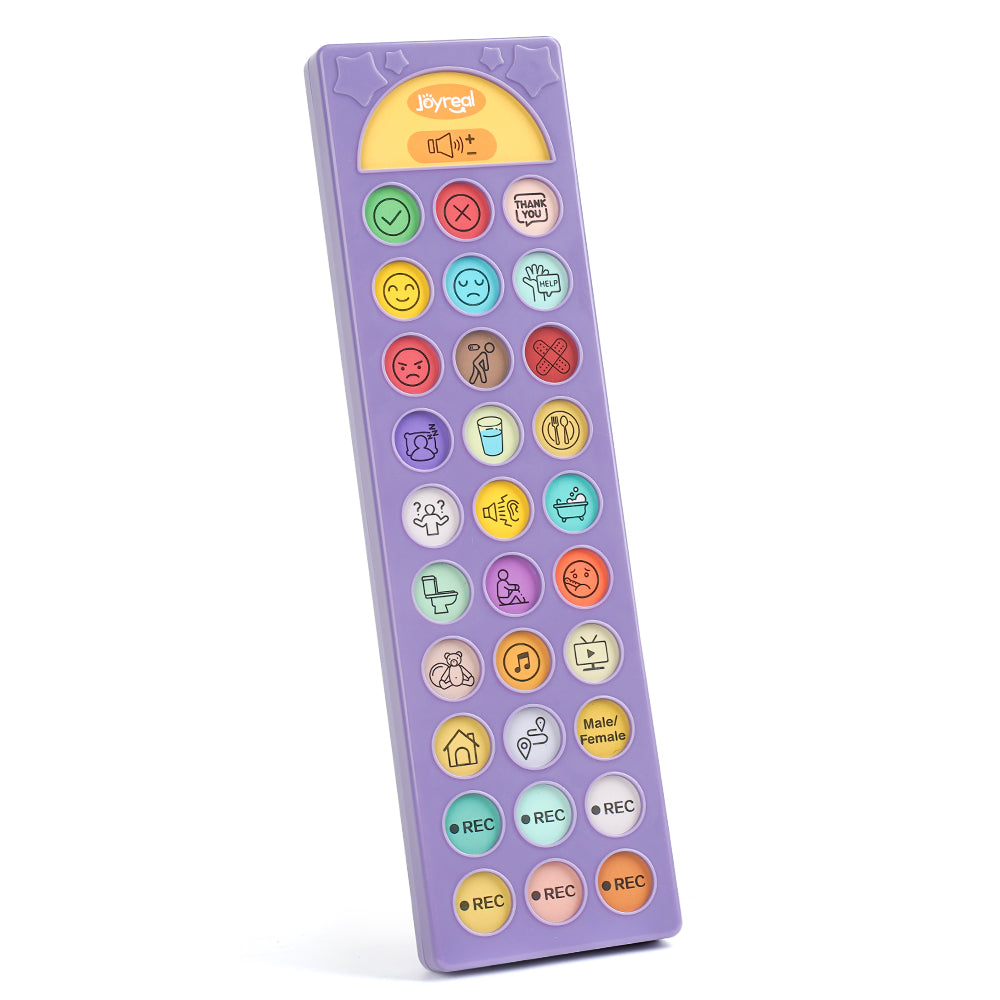
Maybe it will be helpful for you:
Recent Post
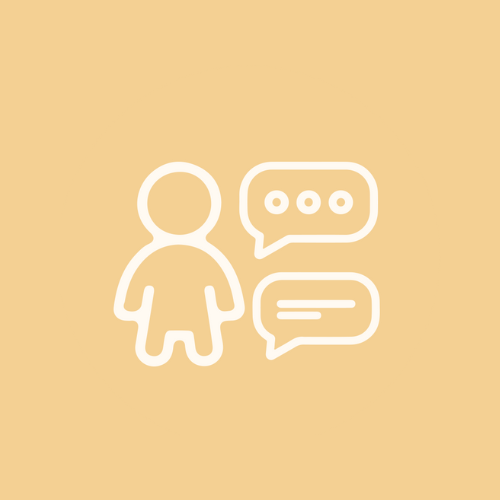
The Importance of Speech, Language, and Literacy in Shaping a Child's Future
From the first babbles to full sentences, a child’s language develo...
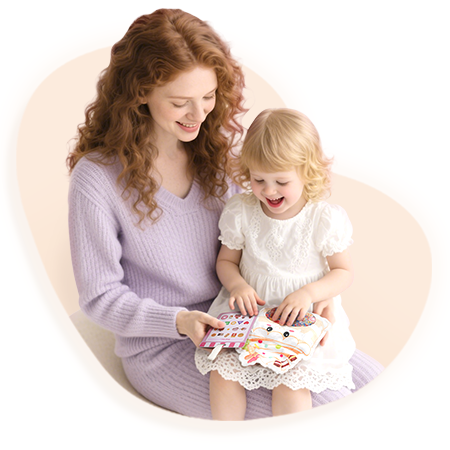
How Joyreal AAC 2.0 is a Game-Changer for Families Facing Autism Communication Challenges
Autism Spectrum Disorder (ASD) is a complex neurodevelopmental cond...
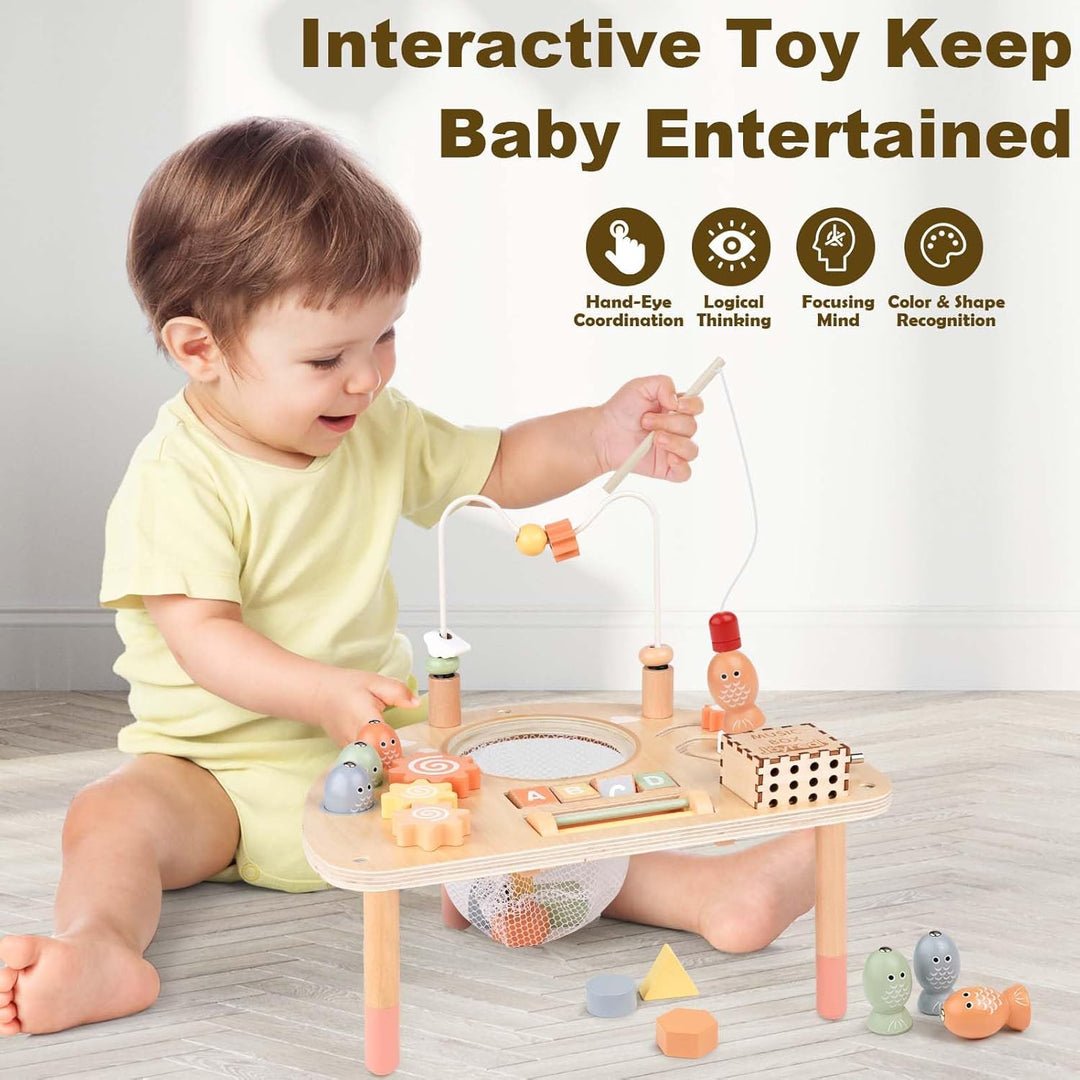
A Parent’s Guide to Sensory Play & Toys for Kids with ASD
Sensory toys play a crucial role in the lives of children with auti...
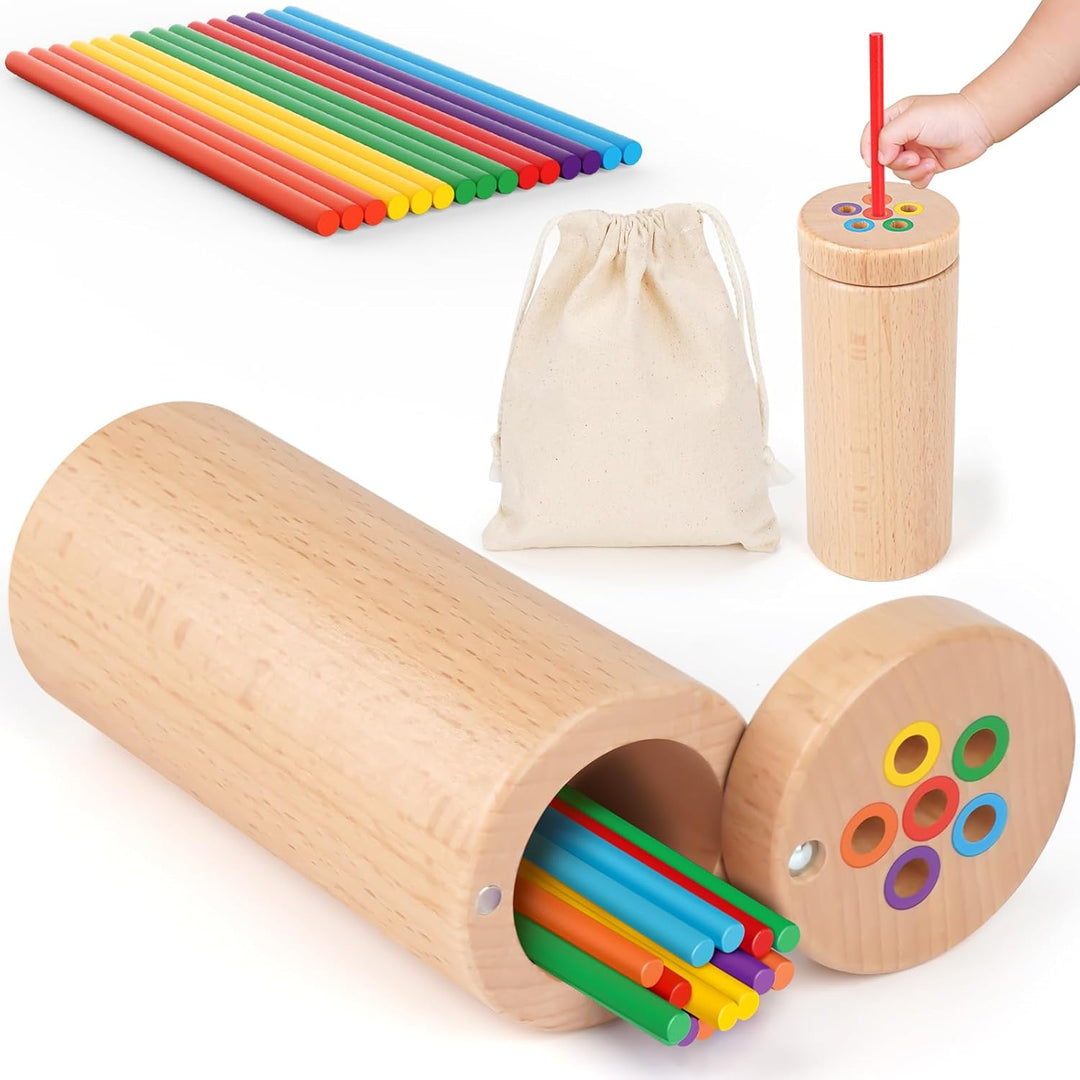
From Fun to Learning: The 2025 Top Toy Picks for Every Child
As we usher in the new year, there’s no better way to set your lit...
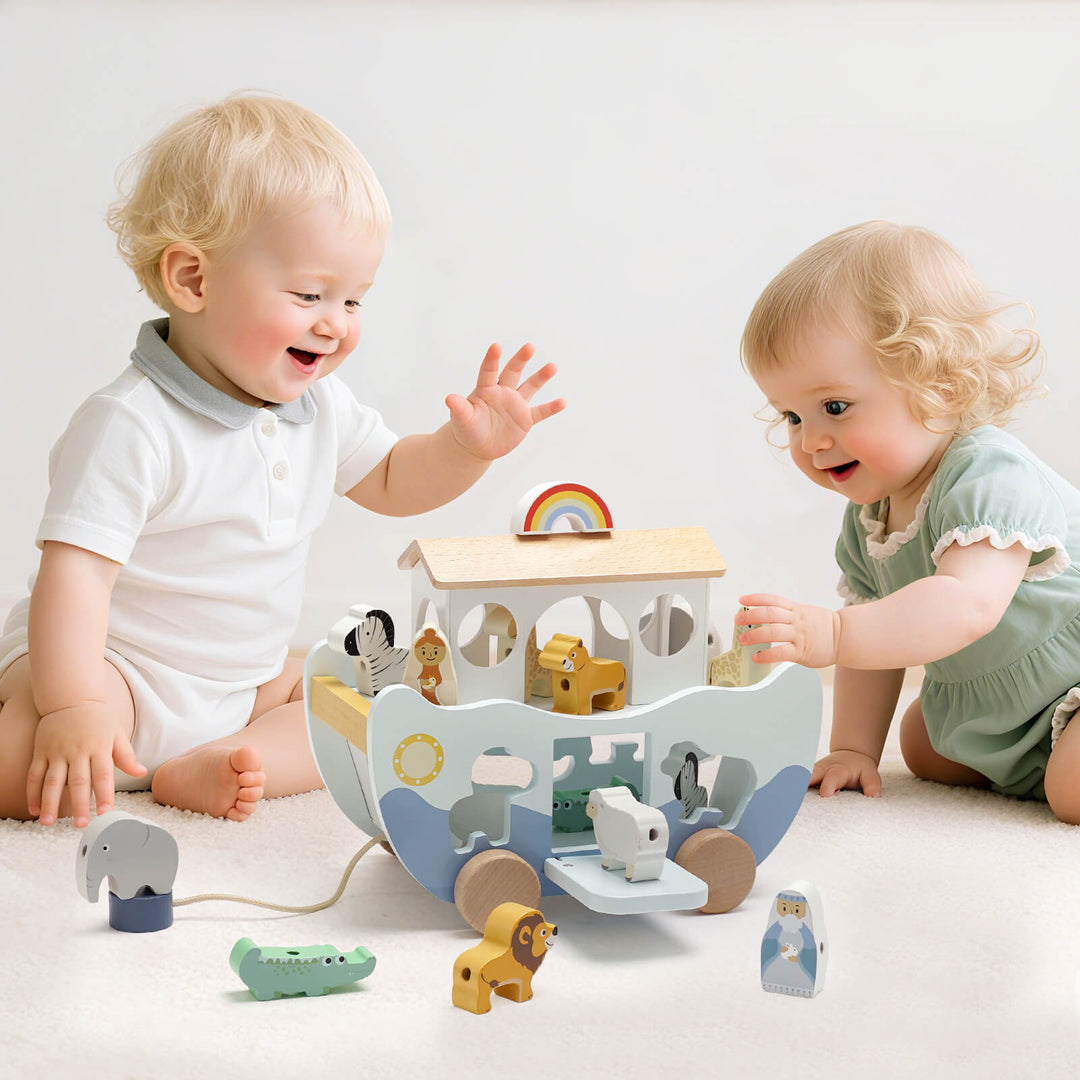
Why Play is Essential for Cognitive Growth in Children with Special Needs
The Role of Play in Enhancing Cognitive Skills for Children with Sp...
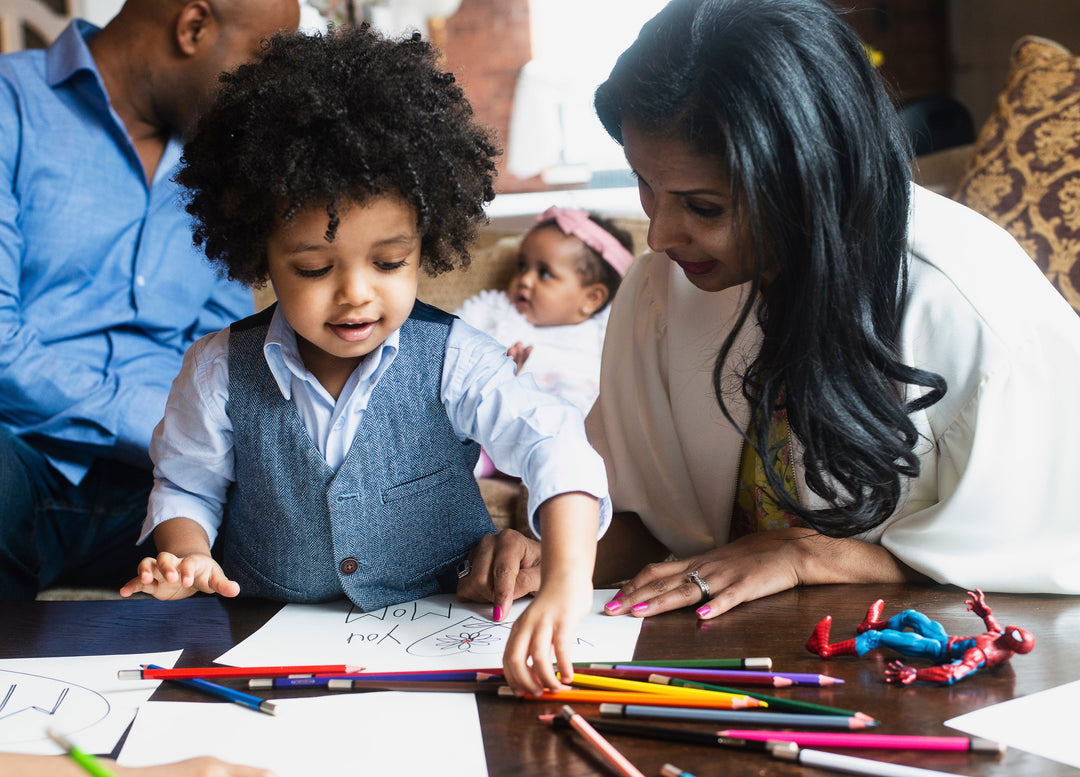
Back-to-School Prep for Children with Autism: A Parent’s Guide
Back-to-school season can be a time of excitement, stress, and unc...
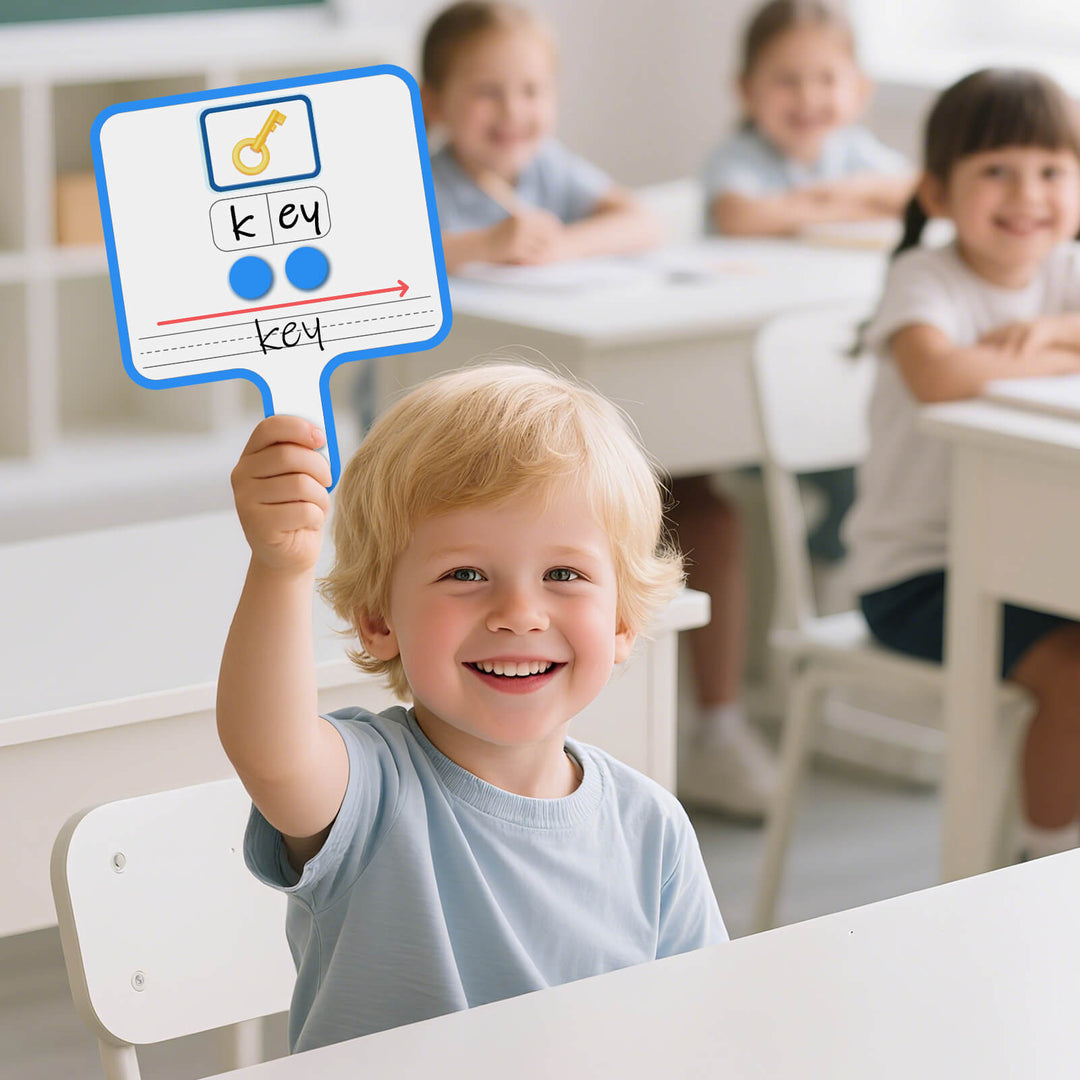
Starting Preschool: The Must-Have Back-to-School Checklist for Parents
As you check off pencils, folders, and lunchboxes from your back-t...
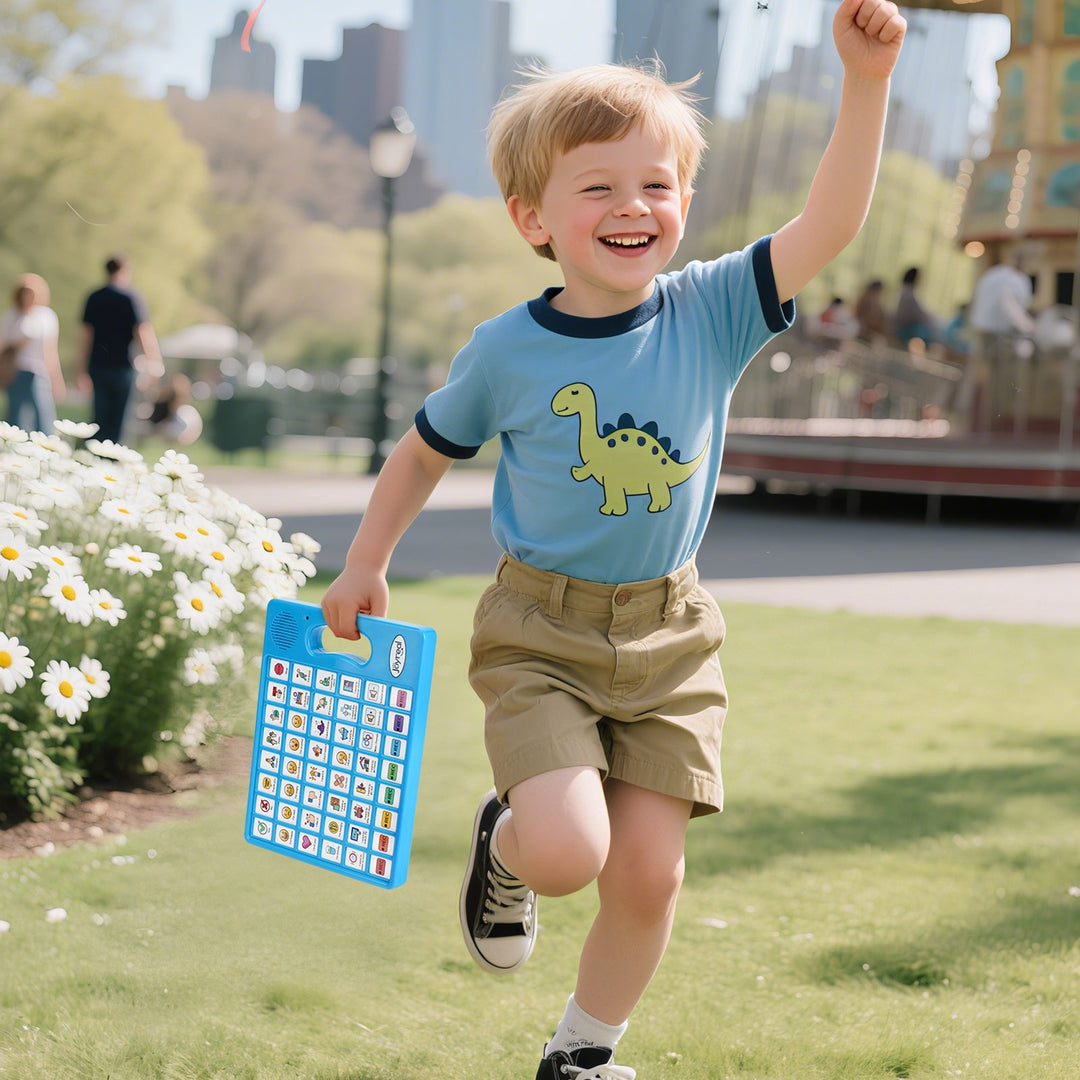
Joyreal Communication Device: The Top Choice for Autism Families
For many individuals with autism, speaking up can be a daunting c...
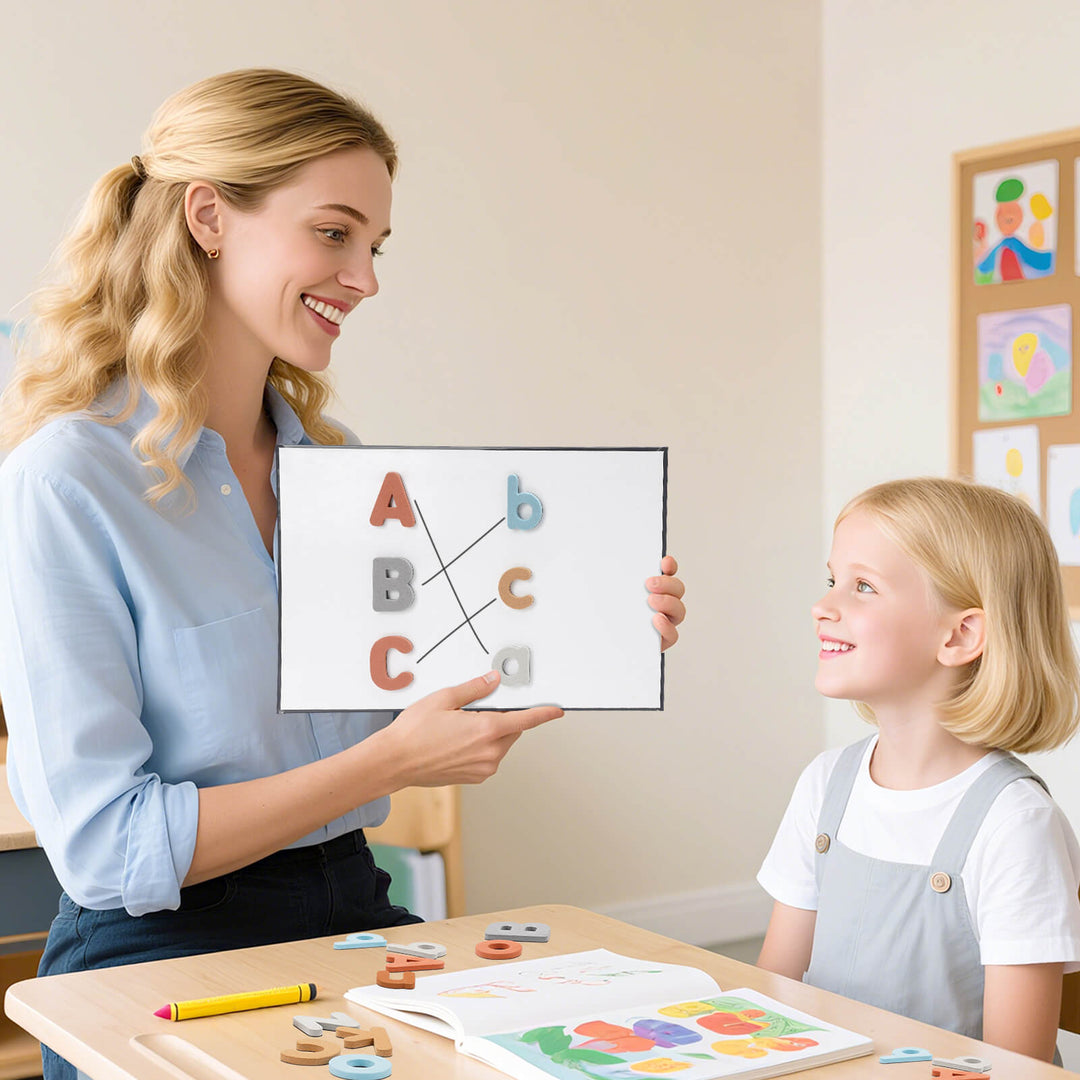
Where to Find Low-Cost Speech Therapy Tools: A Comprehensive Guide
Speech therapy plays a crucial role in helping individuals—especia...
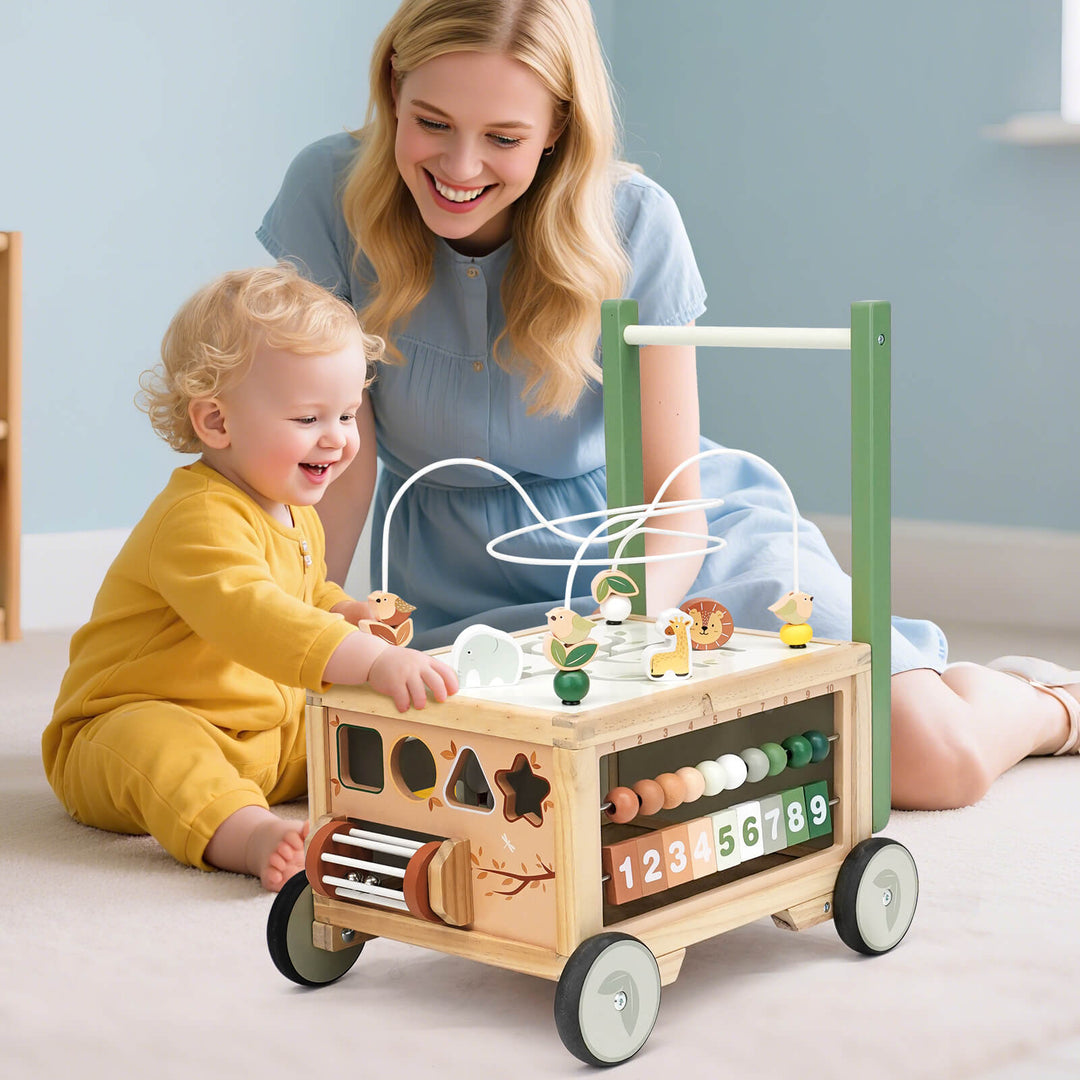
Baby Language Development: From First Sounds to Speech
Watching your baby progress from cooing to conversing is one of pa...


















